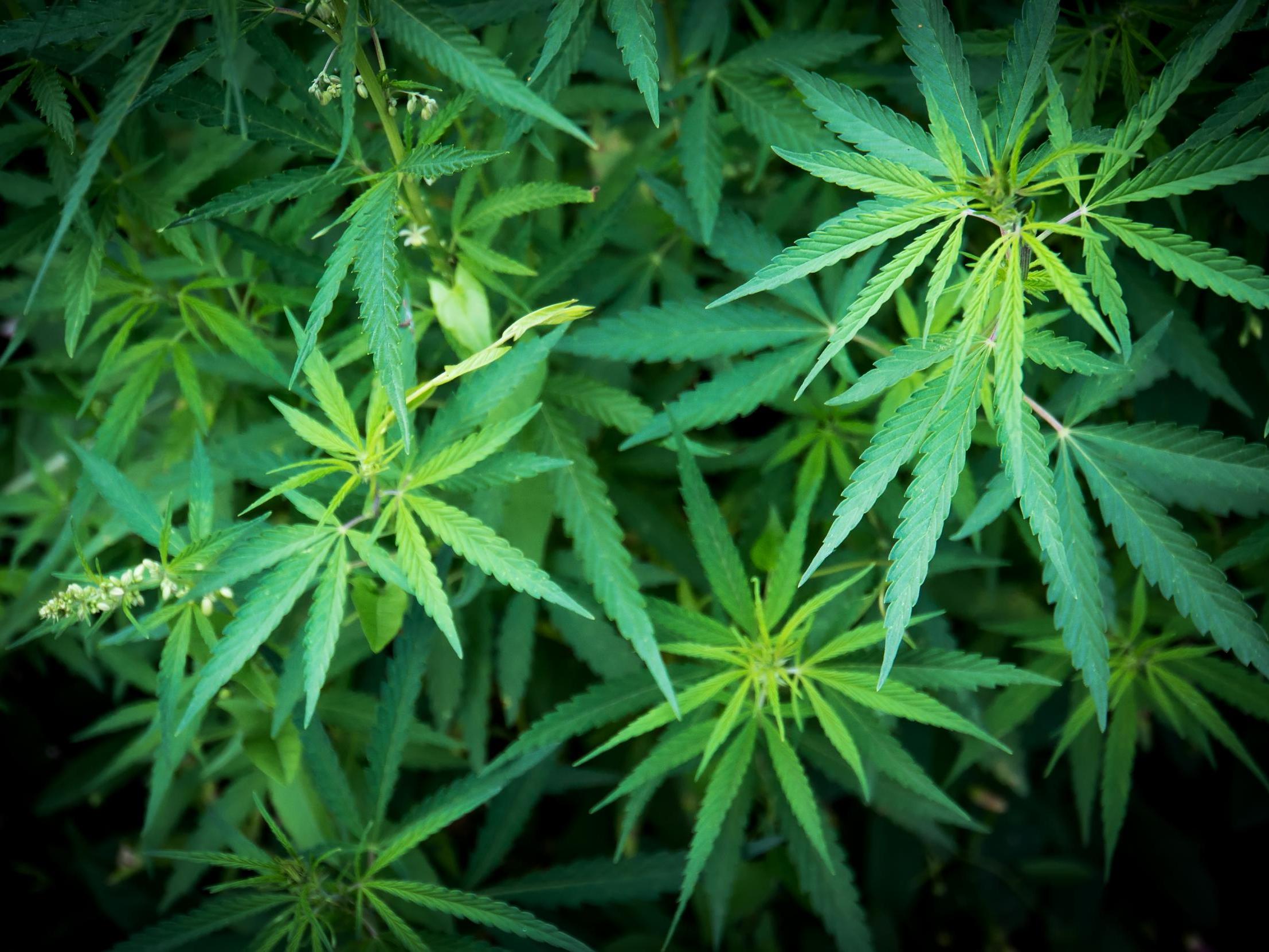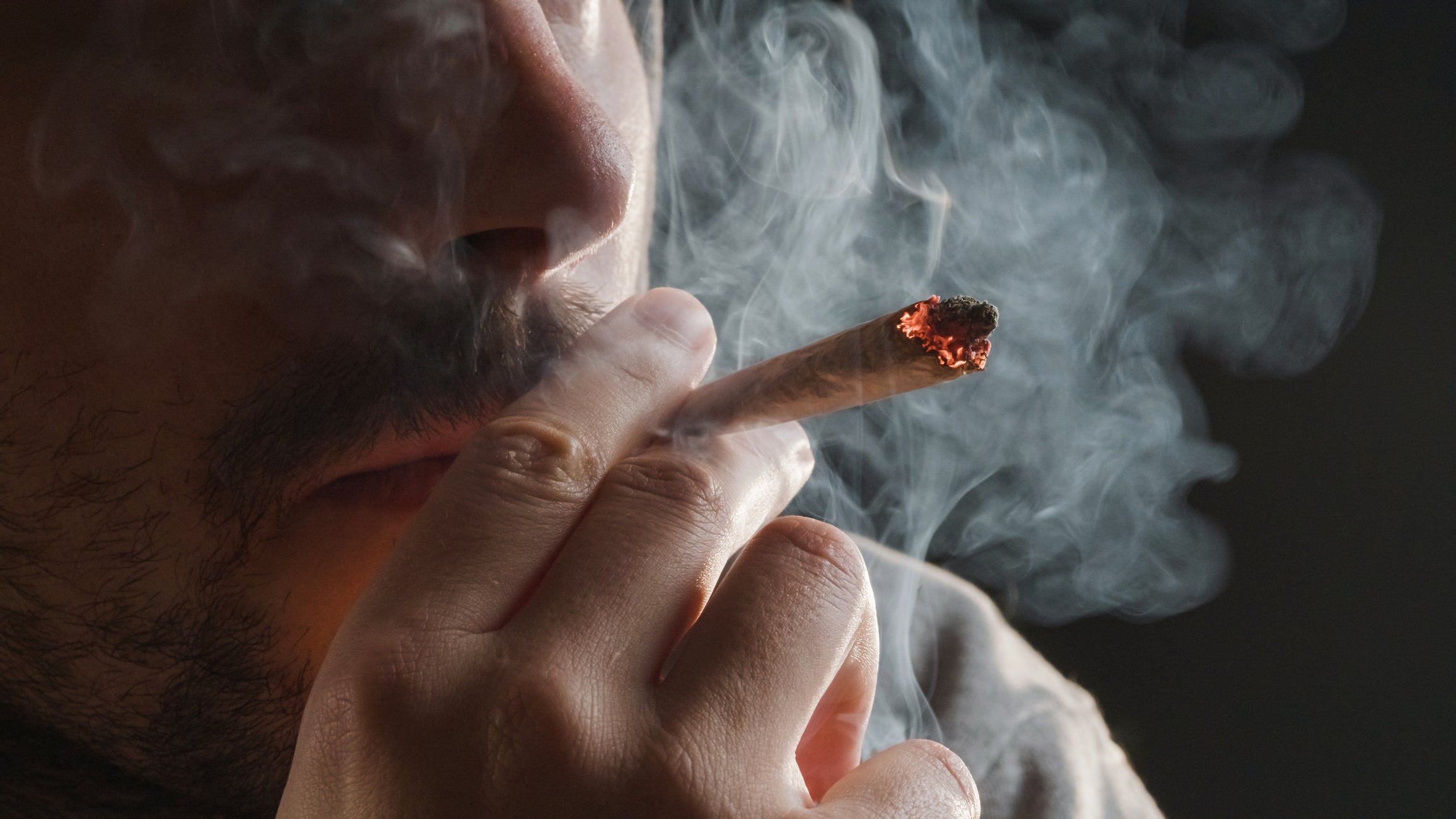What is 420? The meaning behind the day and how it started
It's widely believed 420 was coined in the early 1970s by a group of Californian students

Your support helps us to tell the story
From reproductive rights to climate change to Big Tech, The Independent is on the ground when the story is developing. Whether it's investigating the financials of Elon Musk's pro-Trump PAC or producing our latest documentary, 'The A Word', which shines a light on the American women fighting for reproductive rights, we know how important it is to parse out the facts from the messaging.
At such a critical moment in US history, we need reporters on the ground. Your donation allows us to keep sending journalists to speak to both sides of the story.
The Independent is trusted by Americans across the entire political spectrum. And unlike many other quality news outlets, we choose not to lock Americans out of our reporting and analysis with paywalls. We believe quality journalism should be available to everyone, paid for by those who can afford it.
Your support makes all the difference.Today, cannabis users across the globe will be lighting up to mark 420.
The annual event is observed as a means of celebrating marijuana use, while also campaigning for it to become legalised in parts of the world where it is prohibited.
Here's everything you need to know about 420.
What is it?
420 is an annual event taking place on 20 April (the date is 20/4 or in the American date format 4/20), in celebration of cannabis.
While 420 is widely used in common vernacular in reference to the date of the event, it also relates to the origin of the observance, the history of which can be traced back to the early 1970s in California.
How did it start?
It's widely believed that 420 owes its roots to five Californian high school students - Steve Capper, Dave Reddix, Jeffrey Noel, Larry Schwartz and Mark Gravich.
In 1971, the five San Rafael High School students devised a secret code which they used to indicate to each other that they would meet later in the day to smoke cannabis.
After saying "420" to each other in passing in their school hallways, they would then meet at 4.20pm in order to smoke cannabis.

"I could say to one of my friends, I'd go, '420', and it was telepathic. He would know if I was saying, 'Hey, do you wanna go smoke some?' Or, 'Do you have any?' Or, 'Are you stoned right now?' It was kind of telepathic just from the way you said it," Capper told the Huffington Post.
"Our teachers didn't know what we were talking about. Our parents didn't know what we were talking about."
Nicknamed the "Waldos", because they smoked cannabis against a wall, their chosen smoking spot was by a statue of 19th-century scientist Louis Pasteur at their school.
"We got tired of the Friday night football scene with all of the jocks," Reddix told Time magazine.
"We were the guys sitting under the stands smoking a doobie, wondering what we were doing there."
The student athletes learnt of an abandoned cannabis crop growing near Point Reyes Peninsula Coast Guard Station.
However, despite their many attempts to find the plot, they were unsuccessful.
How is it celebrated?
While it began in the US, 420 has since become a celebration observed all over the world.
In addition to the widespread smoking of cannabis which occurs on 20 April, several events also take place to mark the occasion.
What events are on for 420?
This year will be very different for 420 as many countries around the world remain under lockdown during the ongoing coronavirus outbreak.
This means that large-scale events that often take place on 20 April, where people meet to smoke, are cancelled.
Each year, thousands of cannabis users meet in Hyde Park, London, in celebration of 420 and to protest the existing laws prohibiting use and possession of cannabis in the UK.
In the US, where 420 originated, organised rallies normally take place in states including Colorado, California, Michigan, and Florida.



Join our commenting forum
Join thought-provoking conversations, follow other Independent readers and see their replies
Comments